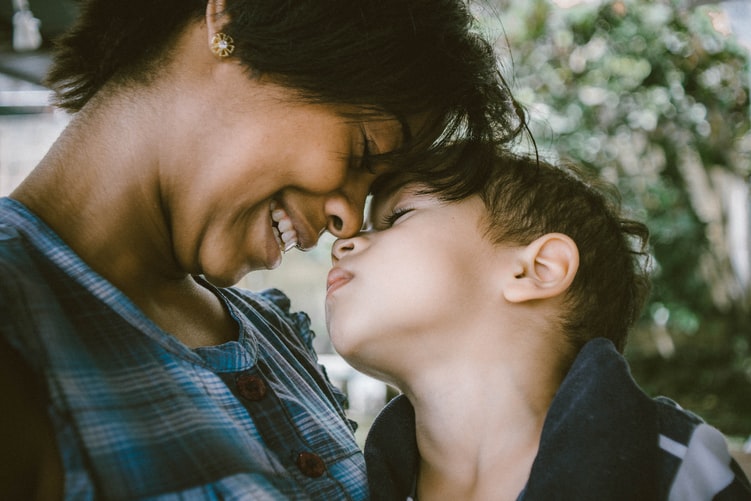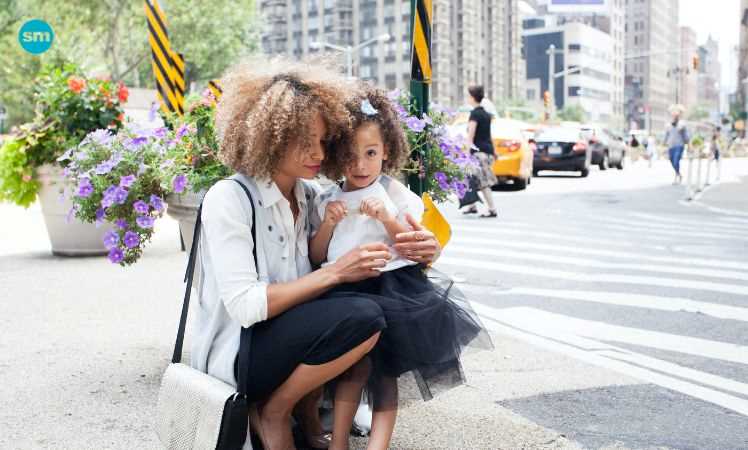What Is A Helicopter Mom And The Consequences
Last Updated on January 24, 2024 by Lori Pace
What is a helicopter mom? Is it mean she caring her children on a helicopter? Well, maybe, if you think about it. Because a helicopter mom hovers above her children, she is also often called a hovering mom. These parents sound like helicopters and hover over their children to rescue them when they are in trouble.
Helicopter parenting can be loosely described as parenting that is too attentive to the children’s every move. Besides, they always put their kids on the high horse. Helicopter parents are involved and protective parents, who constantly monitor every aspect of their children’s lives and sometimes even take action on their behalf.
Parents who are too attached to their children cannot be trusted. These parents are notorious for their insistence on being present at the child’s admission interview. They call school administrators at 11pm to report a mouse that has been found in their child’s dorm, and complain to the professor about the disappointing grade their child received.
Signs Of A Helicopter Mom
Helicopter parenting has one characteristic: the parents are in control of their children’s lives. Although young children need parents’ supervision, control, and guidance in order to learn the rules, they do so at an inappropriate developmental level.
Moms who are helicopter pilots keep an eye on their children. They monitor their children’s behavior, and insist that they help with tasks that their children can complete on their own. They are quick to jump in and rescue their children when they face any obstacle.
Examples Of What Is A Helicopter Mom
Example 01 – Parents of Toddlers
It makes sense to protect toddlers from danger in the early years of their development. Parents who are too involved with their children might be too concerned. If a child is playing with a toy, the parent will show them the correct way to use it. They may also correct the child if they try to do something different. The child doesn’t have enough time or space to figure it out.
These parents have the authority to direct how the child behaves with other children and what they do with them. As the toddler learns to walk, falling and getting scratched are normal. However, parents must be vigilant to ensure that their child does not get hurt. Even a minor scrape to the knee can cause severe stress.
Example 02 – Too Much on Education
A helicopter mom or dad might go to great lengths for their child to be accepted into a particular school or teacher in elementary school. She supervises and helps her child with school projects or assignments.
Example 03 – Says They Know Best
A helicopter dad or mom selects the best friend and activities for their middle-schooler. Because they think they know best, their kids’ preferences don’t get considered.
Example 04 – A Helicopter Mom Takes Over Their Children’s Works
The parent may take over the task of selecting universities and researching them for their child in high school. The parent may be there to supervise their child as he or she applies for colleges. If their child is not accepted at their dream school, they may call the admissions office to get an explanation.
The Effects Of Helicopter Parenting
Numerous studies have shown that helicopter parenting has both positive and negative outcomes, despite the negative portrayal in media. These are the pros and disadvantages of having a helicopter mom.
The Positive Effects Of Helicopter Parenting
Educators have accepted the importance of parental involvement in their children’s educational experiences. Being a helicopter mom has many benefits, including the ability to involve parents in the education of their children. It is crucial to a student’s academic and intellectual development.
Parental involvement can foster positive attitudes towards school and improve homework habits. It also reduces absenteeism, dropouts, and academic achievement.
These parents provide intense support in areas such as financial, advice, and emotional support. This has been proven to be very valuable. Adult children of helicopter parents receive more psychological adjustment and satisfaction than those who don’t.
The Negative Effects Of Helicopter Parenting
Children can suffer from mental health problems if their parents are too protective, despite the fact that parental involvement is important. Children whose parents participate in their education at an inappropriate level are more likely to suffer from poor psychological health. They are more likely to suffer from anxiety, depression, and substance abuse.
Particularly affected are adolescents and young adults. Since their earliest years, these children have been protected from real life’s challenges. They are more anxious and less likely to become independent. They are also more likely to fear failure and have low self-esteem.
Helicopter parenting can also be associated with higher levels of narcissism in adult children and a sense of entitlement. These parents are the driving force behind education and their children have an intrinsic motivation to learn. This is associated with lower academic performance.
Is Helicopter Parenting Good Or Bad?
Protective parents will be happy to know that they can adjust their parenting style so that it supports their children’s healthy development. The Self-determination Theory can explain this phenomenon. According to the Self-Determination Theory there are three fundamental human psychological needs: autonomy, relatedness and competence.
These needs can be met by a supportive family that offers autonomy support and provides a safe environment. Children can take control of their lives and solve their own problems by having autonomy-supportive parents. They are more confident and competent in their ability to interact with their environment. This parenting style also leads to better emotional and social adjustment for children.
However, a family that does not allow autonomy will not be able to meet these needs. Children who are influenced by their parents don’t feel they have much control over the lives of others. They are also more likely to experience worse outcomes.
It doesn’t mean that the parent is allowing the child to act in any way they like. This means that the child sees their parent as non-controlling, and encourages independence.
How To Stop Being A Helicopter Mom
Parents who “helicopter” are usually good parents. Parents want their children to be happy, healthy, and successful. They want to support and help their children in their parenting journey. These parents can be perfectionists and make their children’s success their top priority. They can also become too involved. Therefore, their “help” and “support” become controlling.
You can break away from being a helicopter mom by defining the difference between controlling and helping. As long as we do not become a dictator or dictate our children’s actions, it’s okay to be supportive and helpful.
A controlling parent can not only impact the child’s well being negatively but also cause rifts in the parent/child relationship. A happy, warm and caring childhood is the best indicator of a child’s future success.








